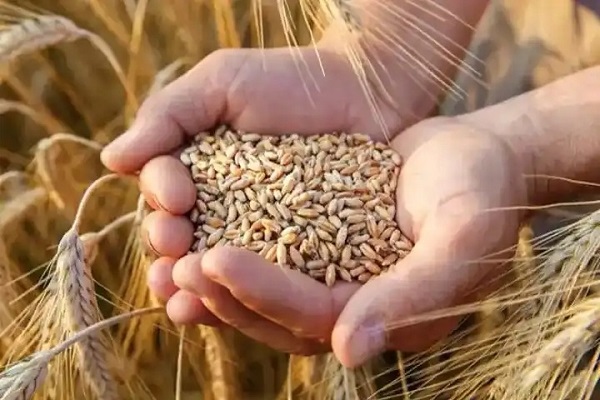Beirut, (Samajweekly) The Arab region is expected to import 55 per cent more grain over the next decade if it continues to adopt traditional agricultural production techniques, said Khaled Hanafi, Secretary General of the Union of Arab Chambers.
“Over the next decade, the Arab countries collectively are expected to become the largest net importers of foodstuffs per capita and the second largest in absolute terms … This will increase the Arab region’s import bill and put it at the mercy of the prevailing price fluctuations in global markets,” the National News Agency quoted Hanafi as saying at a forum held in Beirut on Thursday.
Dubbed “Digital Transformation and Smart Agriculture Technology – Challenges and Opportunities,” the forum discusses the importance of technology in boosting the agricultural sector worldwide and in the Arab world, Xinhua news agency reported.
Hanafi emphasized the need to use modern techniques and technology in smart agriculture by strengthening the role of the private sector and encouraging it in digital transformation to develop sustainable agricultural practices, improve rural development programmes, and adopt sustainable solutions for the future of agriculture and food security in the Arab region.
“Certainly, this approach will help us effectively support the development and ensure food security in a changing climate,” he added.
For his part, Hashim Hussein, Head of the United Nations Industrial Development Organisation – Investment and Technology Promotion Office, said the Arab region will meet 63 per cent of its calories demand through imports in 2030, making it more vulnerable to supply chain disruptions and price fluctuations.
“In light of these challenges, it is necessary to work jointly to stimulate investment in the agricultural field, develop traditional agricultural mechanisms, and train farmers to use modern technologies such as artificial intelligence and computer programs,” he added.
Lebanese Agriculture Minister Abbas Hajj Hassan said, “there is an increasing need to teach farmers how to use modern agricultural technology, which can make farming easier, more affordable, and less costly.”
“It also helps us in pre-warning of any crisis and thus reduces the losses that affect the sector,” he said.
According to the UN, the world needs an annual investment of $265 billion to achieve the two Sustainable Development Goals of eradicating poverty and hunger, of which $140 billion should focus on the agricultural sector.







